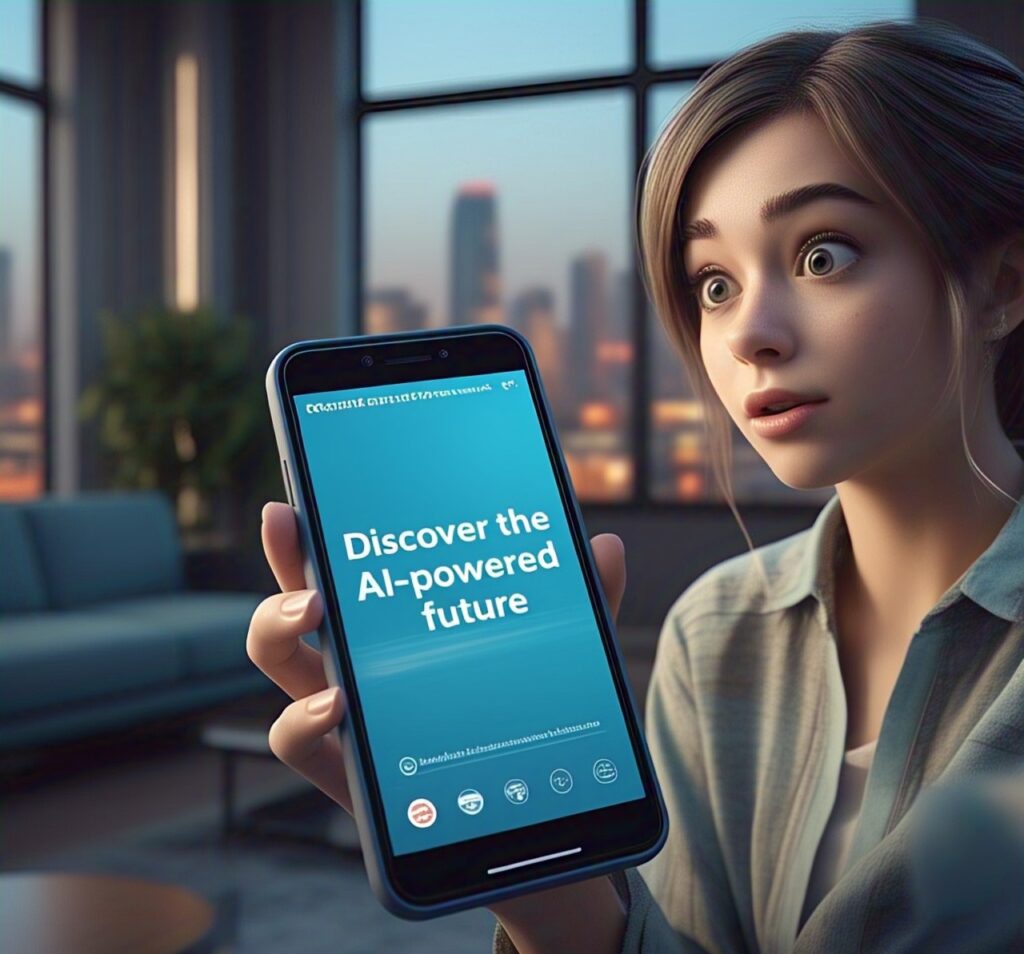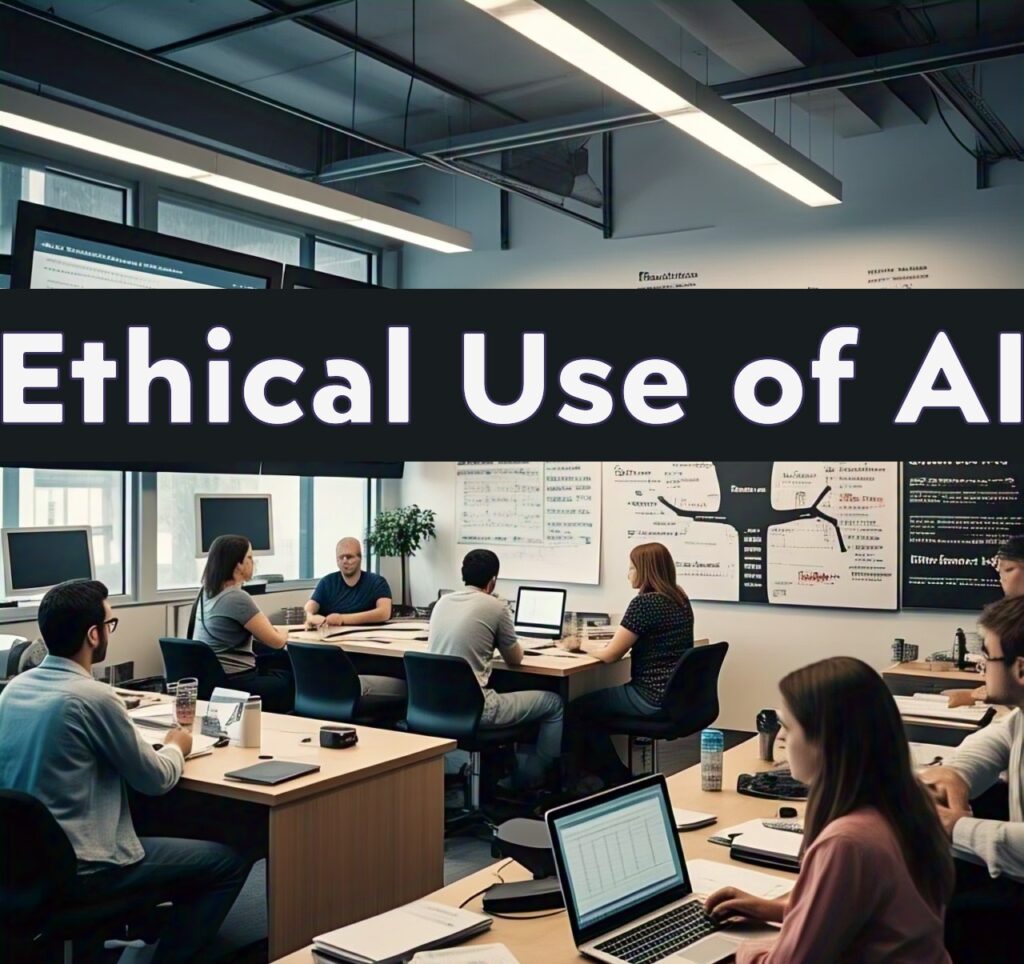Imagine an ad that doesn’t just sell — but speaks directly to your needs, understands your style, and evolves in real time.
Meta’s Facebook AI ads is taking a bold new step in transforming how Facebook, Instagram, and WhatsApp ads work, using advanced AI to power the next generation of personalized advertising. This could not only change how businesses reach customers, but also how billions of users interact with ads online.
Meta AI advertising is reshaping how brands connect with users across platforms like Facebook and Instagram. With AI-generated ad copy and personalized AI ads, businesses can deliver smarter, more relevant content in real time. As part of the broader Mark Zuckerberg AI strategy, Meta ad automation also includes AI chatbots for business, enabling instant, conversational customer support and product discovery. This evolution marks a major shift in how Facebook AI ads can be created and optimized.
What’s the Big News?
Meta CEO Mark Zuckerberg announced the company’s latest AI-driven ad tools in a recent briefing with The Verge. The company plans to turn AI into the brain behind its advertising engine, aiming for more personalized, real-time, and automated ad creation.
Zuckerberg sees AI not just as a feature — but as a full transformation of Meta’s business model.
Key Highlights From Meta’s AI Ad Strategy
✅ 1. AI-Generated Ads Are Coming to Facebook and Instagram
- Meta will use generative AI to automatically create ad copy, headlines, images, and even videos.
- AI will adapt the content based on your interests, activity, and preferences.
Context: Businesses won’t have to manually write 10 different versions of an ad — AI will do the work instantly and tailor it for every user.
✅ 2. Real-Time Ad Personalization
- Meta is experimenting with AI that adjusts ads in real time, depending on who’s viewing them.
- Two users might see different headlines or visuals for the same product.
Context: This level of dynamic targeting could make ads feel more relevant — or more invasive, depending on how it’s managed.
✅ 3. AI Chatbots for Business Messaging
- AI assistants will help businesses chat with customers on Messenger, Instagram DMs, and WhatsApp.
- These bots can recommend products, answer questions, and close sales — 24/7.
Context: Meta is trying to blur the line between customer service and advertising, using AI to automate both.
✅ 4. Full Integration With Meta’s Ad Systems
- The AI tools will integrate directly with Meta’s Ads Manager, allowing marketers to generate creative assets and track performance in one place.
- This includes testing different versions of ads and A/B optimization powered by machine learning.
Context: Meta wants to simplify the ad process, especially for small businesses that lack creative teams.
✅ 5. Zuckerberg’s Bigger Vision for Facebook AI ads
- Mark Zuckerberg believes AI will eventually run most of the ad experience on Meta’s platforms.
- He emphasized the potential of AI agents to become “digital brand reps”, interacting with customers through personalized conversations.
Context: This is Meta’s attempt to stay ahead of platforms like TikTok, Google, and Amazon, which are also investing in AI-driven shopping and ads.

Facebook AI ads Context
Zuckerberg’s announcement aligns with a broader shift in the tech industry: moving from static ads to AI-driven experiences that adapt in real time.
Meta’s advantage? Its reach. Billions of people use Facebook, Instagram, and WhatsApp — and that gives Meta unmatched data to train its ad AI.
The core idea: Make ads feel less like ads, and more like helpful conversations.
Ethical Use of AI in Advertising

With great power comes great responsibility — especially when AI is influencing buying decisions. Here’s why Ethical Use of AI in advertising matters more than ever:
🛡️ 1. Transparency
- Users should know when an ad is generated or modified by AI.
- Clear labeling builds trust.
🔐 2. Privacy
- AI personalization depends on data — but users must stay in control of what’s tracked and how it’s used.
⚠️ 3. Manipulation Risks
- Dynamic ads can be powerful — but they should never exploit emotions, insecurities, or misinformation.
Conclusion: Meta’s success in AI advertising will depend not just on performance, but on how well it earns user trust.
🛍️ What This Means for Marketers and Users
For Marketers:
- Faster, cheaper, and more scalable ad creation
- Smart testing and optimization with less manual work
For Users:
- Ads may feel more useful and personalized
- But also more persistent and harder to recognize as ads
Final Thoughts: Is AI the Future of Advertising?
Meta’s new AI-powered ad system is a big bet — and it could shape the next era of digital marketing. By using AI to generate content, personalize messaging, and automate engagement, Meta is aiming to stay ahead of the curve in an ultra-competitive space.
Whether you’re a marketer, business owner, or casual user, one thing is clear:
The ads you see tomorrow might not be written by humans — and you might not even notice.
Stay updated with Emerjable AI News for more insights on the next wave of AI innovation.
Latest AI News;
- Google Monetizes Chatbots With AI-Powered Conversations
- Microsoft Phi-4 AI Model is Surprisingly Powerful
- 7 Powerful Features in New Visa AI Shopping Experience
- Amazon Nova Premier Revolutionizes Complex Tasks
- Agatha Christie Returns as an AI Writing Teacher
- Shopping With ChatGPT
- Meta’s New AI Personal Assistant to Challenge ChatGPT
- OpenAI Launches ImageGen in API with Powerful New Features AI News
- Google Adopts Anthropic’s AI-Data Integration Standard
- Top 10 Best AI Companies in 2025 Ranked by Forbes
- OpenAI’s New Risk Rules, Nvidia’s $5B Hit & More (April 2025)
- Microsoft Copilot, Google FireSat, Adobe AI, Runway Gen-4 & More



